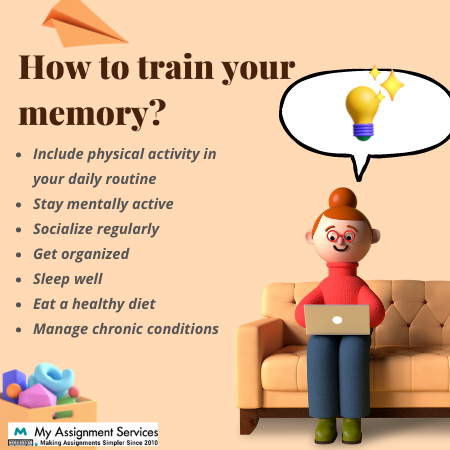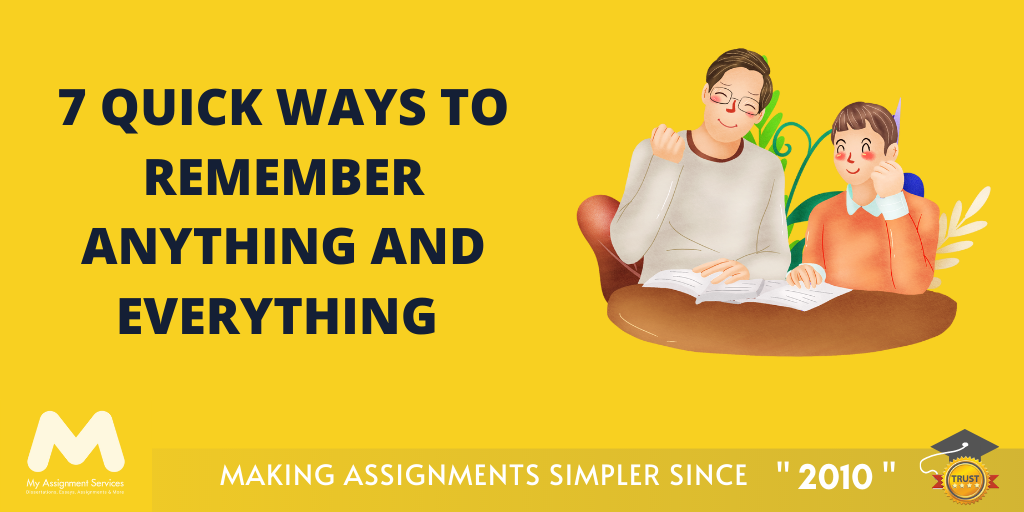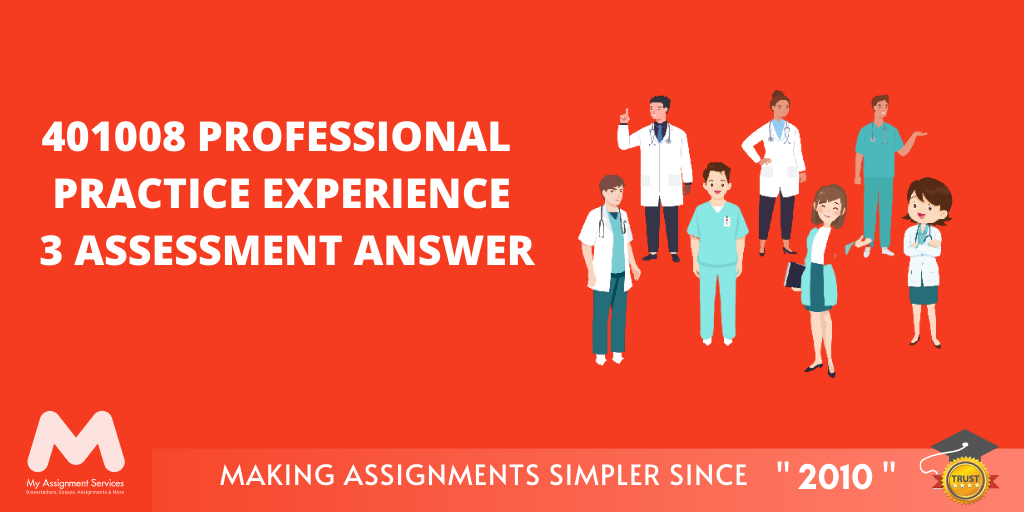Have you ever been through a situation where you are in the middle of a conversation, and something distracts you, so you lose your train of thought? I bet we all have been through that frustrating feeling of trying and failing to remember something. If not, you might be seeking some of the best ways to remember things.
According to scientists, a human brain can store upto 2.5 petabytes but can only process an equivalent amount of 40-50 bits per second. Interesting, isn’t it? Still, you might not remember that after a few hours. Our brain is like any other technology we use; the more we use it, the better it functions.
Did you know that we start to lose our childhood memories right in our childhood? Till ten years of age, the human brain develops fast, and hence it also discards information not useful to our primary instincts.
So tag along to dissect the Science behind our memory, tips to remember things quickly, and how you can train your brain for the same.

What’s the Science Behind Memory?
Most of us (if not all) have that one person in our class/friends group who possesses an exceptional brain or memory. Maybe you are that person. But, ever wondered what makes their brains work so phenomenally? The Science behind it is that our memory processes things in a three-step process, and excelling at atleast one (or maybe all three) is the key.
1. Encoding
Your brain can process information. Wherever you come across a piece of information, your brain starts deciphering it and making connections - image, sound if you know it? Is it a new piece of information? Etc - for curating a response.
2. Storage
The next step after processing the information is your brain’s decision to store it; yes, deciding to store the information does not get stored automatically. That’s exactly why you feel you forgot to understand during a lecture even though you sat through it all. The brain’s storage capacity and best way to remember things depend on the information’s relevancy.
3. Recall
The final or often the long step is recalling; you may be able to recall many things easily, like your daily routine and favourite things, as they are stored in your primary memory. But, the things difficult to recall - an answer during a test, someone's birthday, or where you kept that one t-shirt - take time to remember things we didn't need to recall frequently, so the brain stores them at the very back.
According to a study conducted by psychologist Gabriel Radvansky, walking through a door serves as an event boundary - separation of different instances/episodes - that apparently makes us forget things.
These three steps happen for each piece of information and memory that our brain encounters. You may face issues remembering some of them, but what if you can train your mind to do it per your command? The better you memorise, the better you recall. So paying attention to the details is a good place to start.
Psychology is a vast and intricate field with various concepts still under development. As a psychology student, you will have to complete case studies, reflection writing, reports, reflective essays, etc. Get psychology assignment help from experts in the field with just a few clicks. Fill out the enrollment form to get started.
How to Remember Things Quickly?
If you are a person who has frequently had to apologise for not remembering names or birthdays, still, you are good at remembering piles of information that seem mundane to many. Well, congratulations, your brain understands prioritising. Though it's not cool to forget birthdays, your brain knows how to compartmentalise and help recall faster. Follow these tips if you aren't one of these types or you'd like to improve:
1. Convert words to pictures
When you convert huge amounts of information into pictures, you'll be able to memorise and recall it faster. It is, in fact, scientifically proven and is called the Picture superiority effect. Many advertisements are focused on this principle to make the public remember their products despite their disinterest.
2. Use memory spots
Places you visit regularly or atleast through your vision are called memory spots - mirror, fridge, work desk, etc. You spend a few days in regular places - work desk, kitchen, in front of the mirror - so sticking notes there can be one of the best ways to remember things.
3. Stacking
Stacking is like a combination of both picture superiority and memory spots. You have to remember the things and place notes in your memory spots for the same but with a picture in mind. For example, your inability to remember a formula keeps ringing in your head. Stick it to your alarm clock, and you’ll remember it just fine.
4. Use rhymes
If you have to remember a large piece of information and you have only a little time to do it, just make a rhyme out of it, or sing it in the melody of your favourite song. Your brain takes just 100 milliseconds to recognise a song so this technique might be effective.
5. Memos
Using mnemonic devices like acronyms can also be very useful. If you feel confident enough to connect with alphabets, you can use acronyms to remember things quickly. A very commonly used example of this is BODMAS (Bracket Open Division Multiplication Addition Subtraction), or the order of use of arithmetic symbols.
6. Distributed Practice
For this technique, you will have to sharpen your long term memory. This is helpful for learning and memorising things throughout the semester. The main two steps are memorising different concepts and repeating them. You learn a concept, then repeat it for a few weeks,s then move to the next one. After finishing a chapter or a subject, you try to recall all you learned.
7. Interleaving
It is similar to distributed practice, but this technique entails mixing different concepts of varied disciplines that you need to memorise. Your long term memory gets better with repeated revision, but memorising similar concepts for a long time may wear some out. Interleaving is useful to break redundancy.
As per SSRN ( Social Science Research Network) research, 65% of the world population are visual learners, as we forget a fifth of the information within a few seconds.
If you wish to remember things fast and recall them easily, you will have to work on it with your brain. These tips will help your memory but getting a hold of them will take time. Hone your memory through regular practice and making changes to your lifestyle.

What are Some Ways to Improve Your Memory?
It is time-consuming if you plan to train your memory to remember things quickly. Making necessary changes to your lifestyle has been scientifically proven to sharpen the brain’s functioning and help you recall things as you need. Here are some changes you can make:
- Many people might’ve advised you to “sleep on it” if you are trying to decipher the answer to a question. Well, they are not wrong, as the last thing you remember before falling asleep helps your subconscious brain process it when you are sleeping; that way, you get the answer and the rest you need.
- Popular novelist Dan Brown revealed that he does the upside-down pose when he runs out of ideas to continue writing or loses his train of thought. Physical exercise help boost your memory and help rid of the stress due to such mind blocks.
- Eating vegetables/fruit/meat rich in omega-3 and fatty acids is good for sharpening your memory as they improve blood circulation to improve memory and reduce the chances of brain stroke.
- Mnemonic devices, as discussed above, are useful in recalling things, but they are also useful in helping train your memory.
- A memory place is an imaginative space that may be used to relax their brains and plan or think. A memory place is a common technique used by players to reduce pre-playing stress and remember the necessary details easily.
A study by Harvard University and Dartmouth College proves that remembering faces peaks in people’s thirties.
These are the best way to remember things and sharpen your memory to unlock total recall. Memory might seem inaccessible or a mystery, but these techniques can help train your brain. You have to be regular at all these exercises to familiarise yourself with them and for effective results.
Working on case studies, finishing your reading pile, and writing a reflection paper simultaneously can be challenging if the deadline's near. Suppose you face such a struggle or have trouble finding good academic resources. You may fill out the enrollment form to get the best-quality psychological assignment help and free access to our vast digital library.






